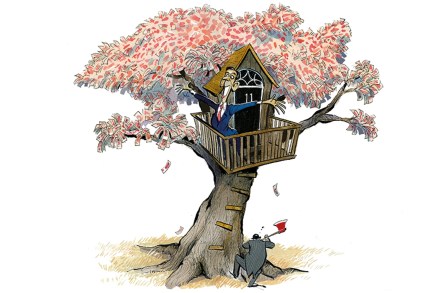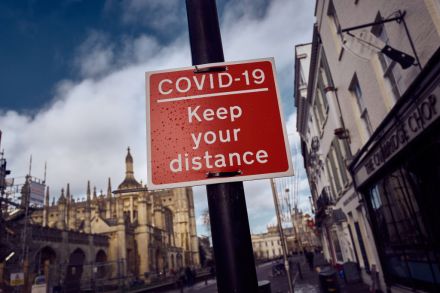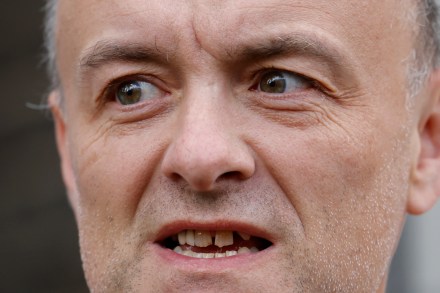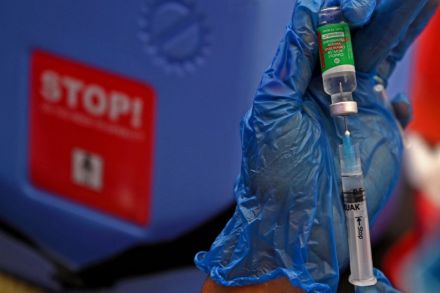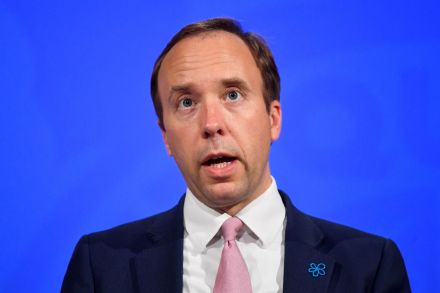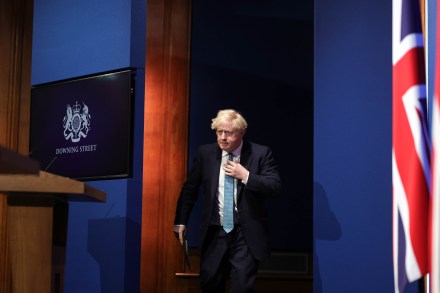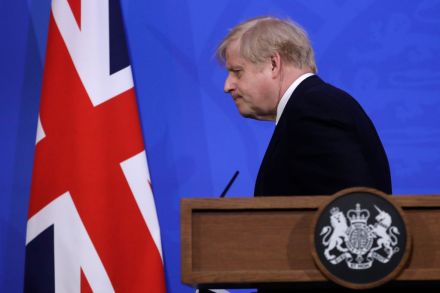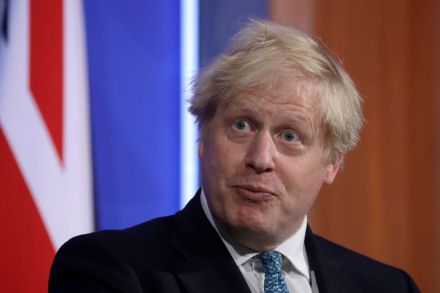Dominic Cummings’s explosive claim about the Bank of England
Amidst all the explosive claims made by Dominic Cummings during today’s select committee hearing, one towards the beginning of the seven-hour session seemed rather unintentional. When asked by Rebecca Long-Bailey MP about what economic assessments were made when considering the first lockdown, Cummings responded that there was no straight-forward ‘document floating around’ which laid out the ‘economic costs’. He then alleged that conversations were taking place about removing the Bank of England’s independence: ‘It was the case that the Bank of England, the senior officials in the Treasury, senior officials in the Cabinet Office were saying, you know, we have to think about the consequence of, if we do this
